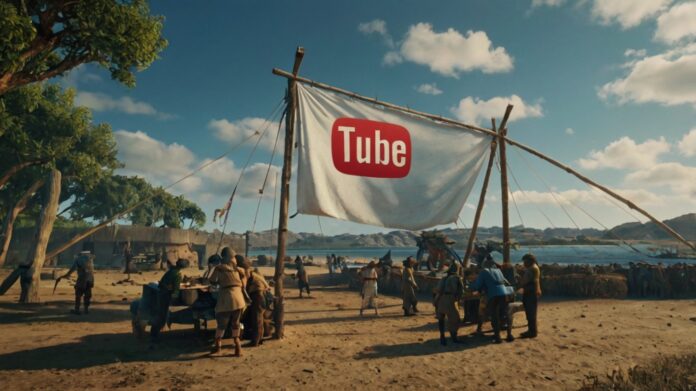YouTube had to reassurance Engadget that the action of scrapping remains a clear violation of the service’s policy.
Again allegations of this nature have been raised by NVIDIA
As has appeared to be a rather disturbing trend in the technology industry, the firm NVIDIA seems to be again in the eye of storms for having, it seems, used priceless stashes of pirated content for training Artificial Intelligence. As this shows, it has been claimed that this particular company, with a market value of $2. 4 trillion) has ordered the employees to download videos from YouTube, Netflix, and other databases to develop their AI business projects.
Is the train of Innovation again flying over the rules of Copyright?
Projects which are being developed black are the Omniverse 3D world generator, automatic driving systems, and the development of the ‘digital human’. Despite these accusations NVIDIA has spoken out to defend itself saying in an email to Engadget that it’s research is ‘in full compliance with the letter and spirit of copyright law’. The company has aligned its practice of collecting and disseminating information to teaching and communicating information.
Nonetheless, it sounds like YouTube does not especially have this view. Specifically, the spokesman Jack Malon relied on the words of Neal Mohan, YouTube’s CEO, who said last April that using YouTube to ‘train’ AI models was a ‘clear violation’ of their policy.
There are clamor that is going on inspite of all this inside NVIDIA itself
The concerned employees of NVIDIA spoke to the managers of the company and was told that deep down in the company it had been authorized. Although, some people have referred to this tapping of data as an ‘open legal question’ that will be solved at some other time.
Practices deemed ethically questionable
In addition to YouTube and Netflix videos, NVIDIA has allegedly asked its employees to practice on the MovieNet movie trailer database, internal libraries of video game footage, and Github video databases. Some of the data that NVIDIA allegedly worked on was only marked as eligible for academic (or otherwise non-commercial) use. Despite this, NVIDIA reportedly ignored concerns about the rules limited to academic use, insisting that their batches were fair for its commercial AI products.
To avoid YouTube detections, reports indicate that NVIDIA has allegedly uploaded content using virtual machines with rotating IP addresses to avoid bans.










